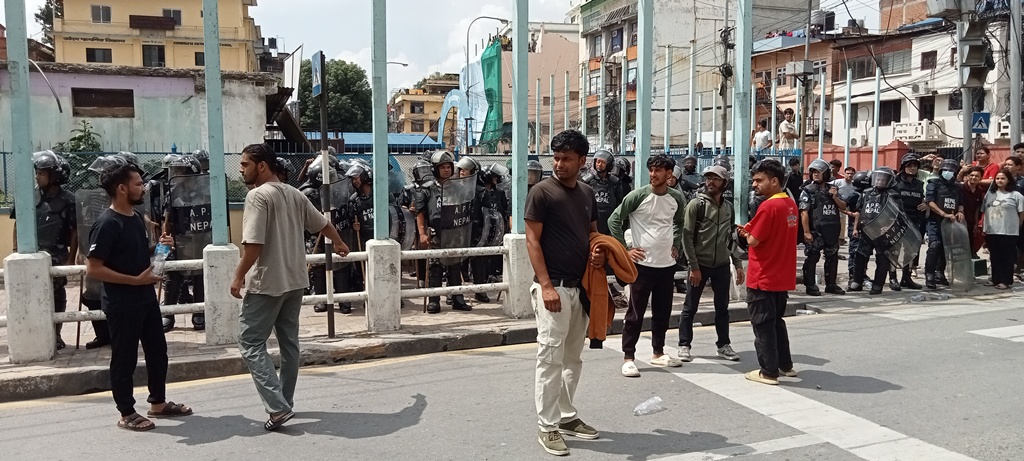Violent protests in Nepal have forced Prime Minister KP Sharma Oli to resign earlier this week, pushing the country into a fresh political crisis. Now, the army is leading talks with “Gen Z” protesters, to help decide on an interim leader.

The discussions are expected to continue today, September 11, as Kathmandu remains under heavy military presence following the deadliest unrest the city has seen in years.
The protests broke out after the government abruptly banned social media platforms, triggering widespread anger. Although the ban was rolled back after 19 people were killed in the initial clashes, demonstrations continued to grow in intensity, fuelled by deep frustration over corruption, joblessness, and lack of opportunity.
ALSO READ: Nepal violence: Former PM’s wife Rajyalaxmi Chitrakar burnt alive by protester mob
Security forces responded with rubber bullets and tear gas, leading to further casualties and public outrage.
By Thursday, the death toll had climbed to 30, and over a thousand people had been injured. The unrest forced Oli to step down, leaving a political vacuum that the army is now trying to fill through negotiations with protest representatives.
Amid the talks, protesters have proposed the name of former Chief Justice Sushila Karki to serve as interim prime minister. Karki, who is known for her anti-corruption stance, has reportedly agreed to take on the role if appointed.
It’s shameful to see international media framing Nepal’s Gen Z protest as merely against the social media ban. That’s not what it is about. The protest was—and still is—against a corrupt system, unchecked government privileges, and years of exploitation. Reducing it to just the… pic.twitter.com/qd3WKRUtDi
— sunny (@thePiggsBoson) September 8, 2025
In the meantime, prohibitory orders remain in place across Kathmandu and nearby districts. The streets of the capital are largely quiet but under tight military watch. International flights continue to operate from the city’s airport, officials confirmed.
ALSO READ: Nepal PM KP Sharma Oli resigns amid violent anti-government protests
During the height of the unrest, demonstrators targeted key government buildings, including the Supreme Court, ministers’ residences, and even Oli’s private home. Several private properties, including major hotels in Pokhara and the Hilton in Kathmandu, were also set on fire.
Nepal has been grappling with political instability ever since the monarchy was abolished in 2008. The country’s fragile economy has pushed millions of its citizens abroad for work, especially in construction jobs across the Gulf, Malaysia, and South Korea. The latest protests have highlighted the growing discontent among the younger generation, who say they are tired of being ignored by those in power.


